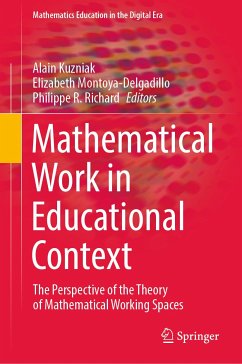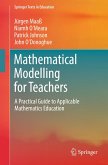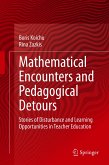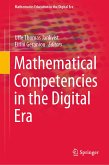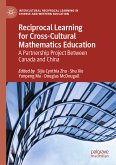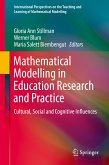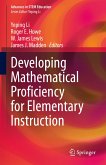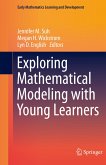The first part of the book explores the heart of the theory and aims to further describe and understand epistemological and cognitive aspects of mathematical work. The second part develops the different MWS dedicated to observing how this work depends on the expectations of educational systems, how it is formed and taught, and how individuals appropriate it. In the last part, some applications and perspectives are discussed regarding topics of major importance today in mathematics education which relate to technological and digital tools, teacher training and modeling activities.
In line with the spirit of the theory, the book was written to reflect the conceptual unity at the heart of the theory of MWS and, at the same time, to show the freedom and diversity of approaches given space therein. Written for researchers and professionals in mathematics education, it offers plenty of concrete examples from different educational systems around the world to illustrate the theoretical concepts and show the applicability of the theory to practice and research.
Dieser Download kann aus rechtlichen Gründen nur mit Rechnungsadresse in A, B, BG, CY, CZ, D, DK, EW, E, FIN, F, GR, HR, H, IRL, I, LT, L, LR, M, NL, PL, P, R, S, SLO, SK ausgeliefert werden.

